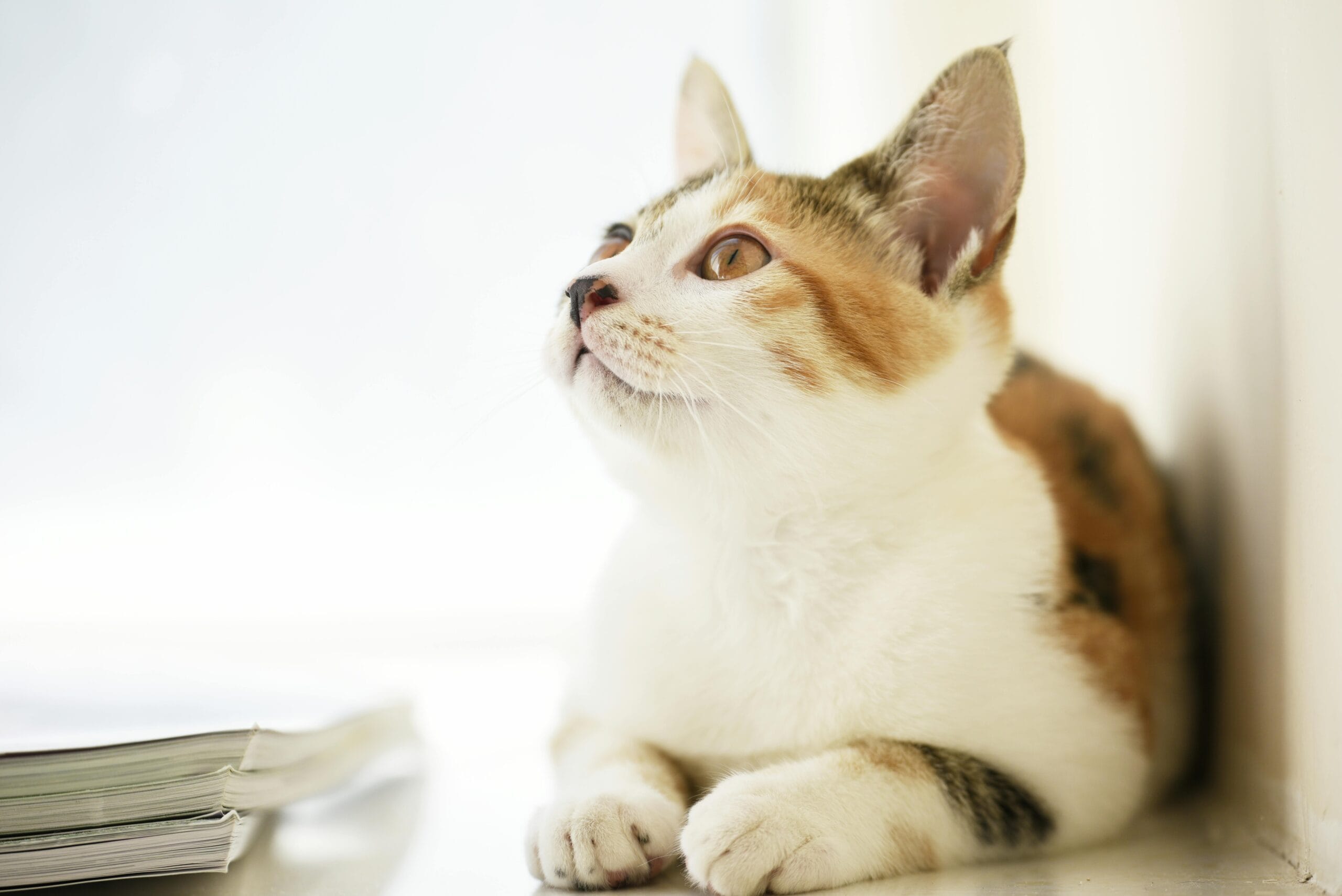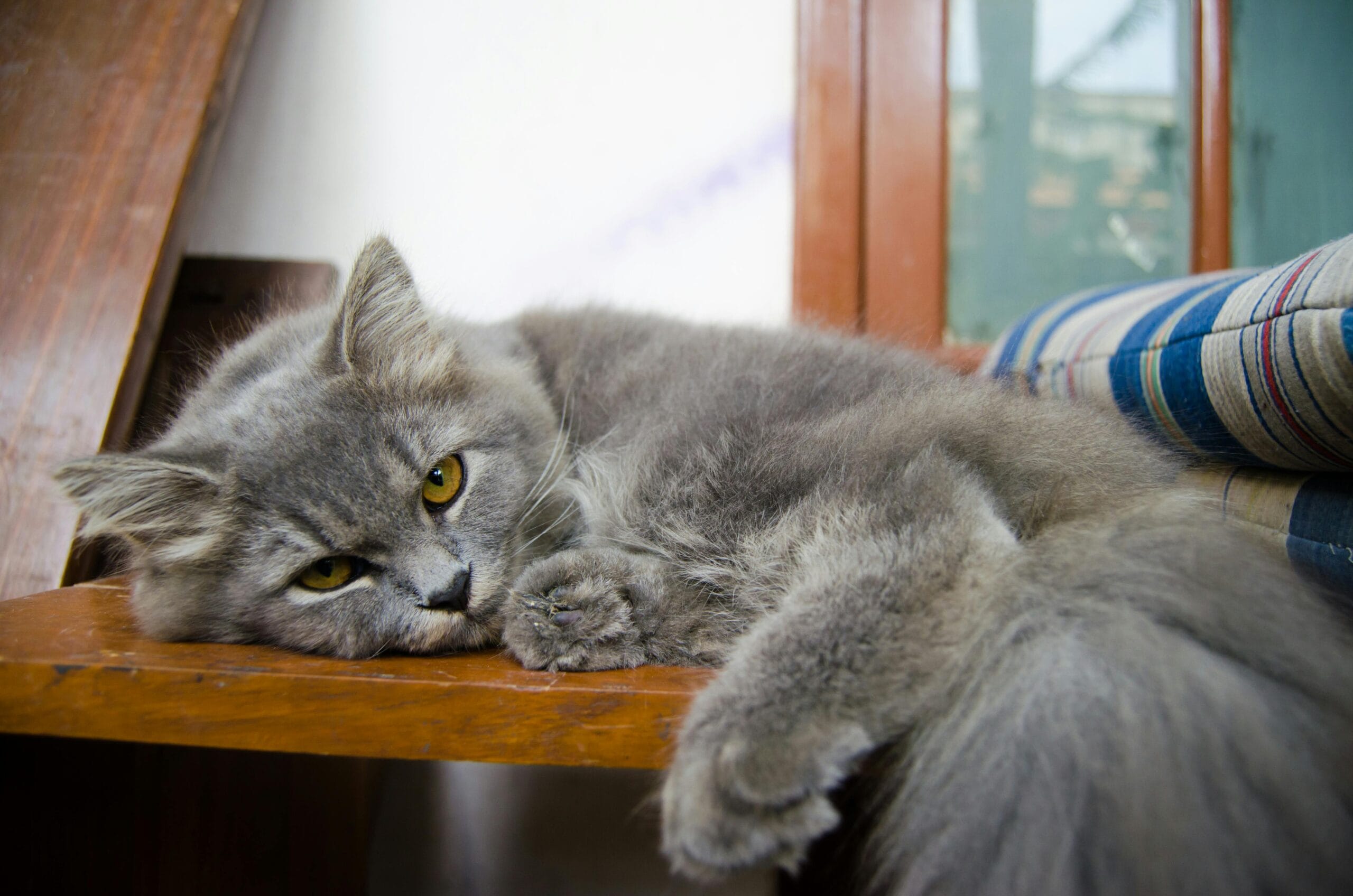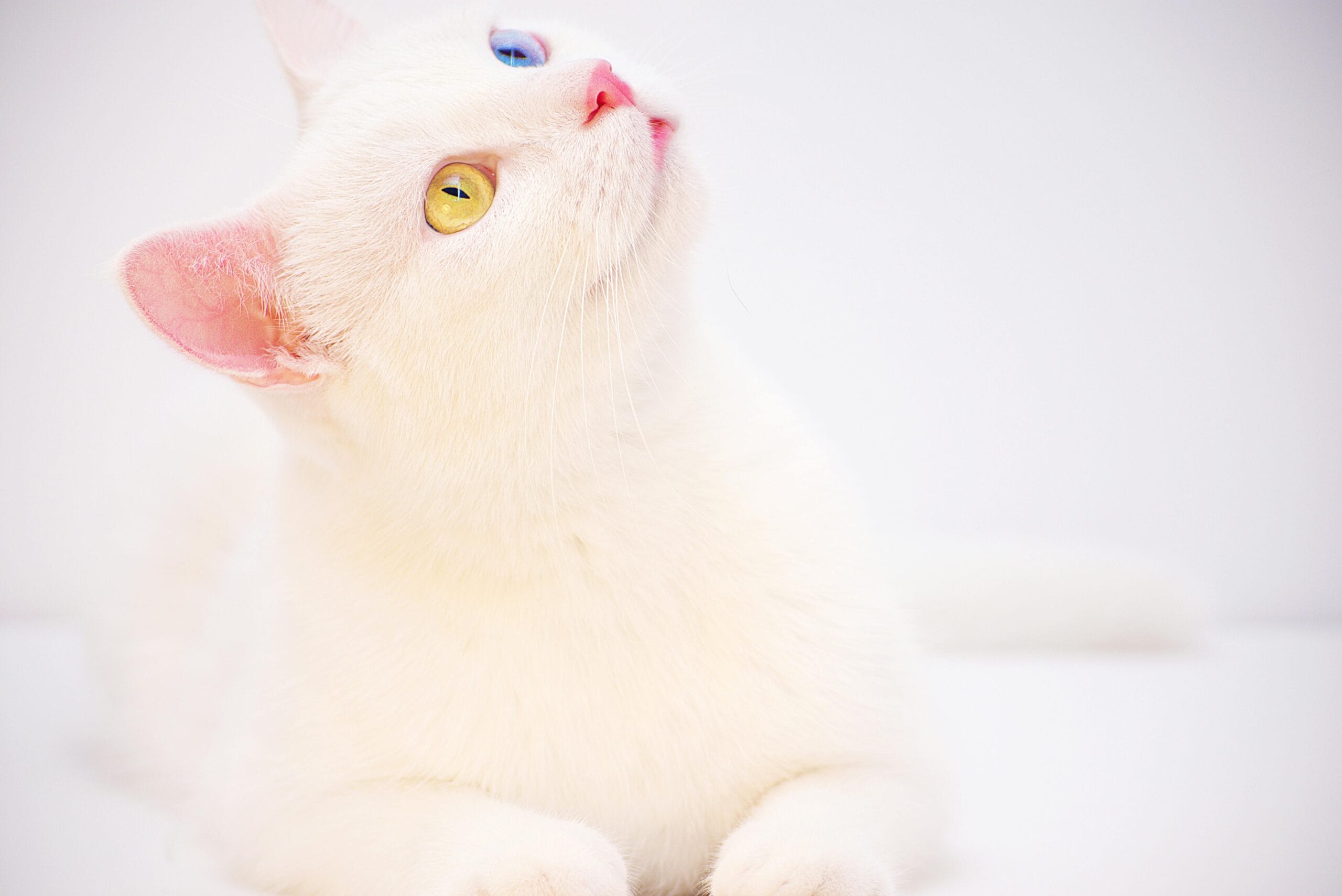Does Canned Cat Food Cause Diarrhea ?

Does Canned Cat Food Cause Diarrhea? Find out the potential causes of cat diarrhea from canned food. Learn how to identify symptoms & address Cat Diarrhea Canned Food issues. Get expert advice now!
Does Canned Cat Food Cause Diarrhea? A Comprehensive Guide
Many cat owners rely on canned food as a convenient and palatable option for their feline companions. However, a common concern among cat parents is whether canned cat food can cause diarrhea. The short answer is: it can, but not always. This comprehensive guide will delve into the reasons why Does Canned Cat Food Cause Diarrhea, exploring the various factors involved, and providing helpful tips to prevent and manage this unpleasant issue. We’ll cover the key questions surrounding Cat Diarrhea Canned Food and the Causes of Cat Diarrhea from Canned Food.
Understanding the Link Between Canned Cat Food and Diarrhea
While canned cat food offers nutritional benefits, its high moisture content and specific ingredients can sometimes trigger digestive upset in cats. The connection between Does Canned Cat Food Cause Diarrhea isn’t straightforward; it depends on several interacting variables. It’s crucial to distinguish between occasional diarrhea and chronic issues, as the causes often differ greatly.
Ingredient Sensitivity and Allergies
One of the most common Causes of Cat Diarrhea from Canned Food is an ingredient sensitivity or allergy. Cats, like humans, can react negatively to certain proteins, such as beef, chicken, or fish. Additives, preservatives, and fillers also contribute to digestive problems. Some cats are sensitive to specific carbohydrates or artificial flavors and colors present in some canned cat foods. If your cat experiences diarrhea after switching to a new canned food, it may point towards a specific ingredient causing the problem.
Identifying the culprit requires a process of elimination. You might need to try different brands or varieties, focusing on limited-ingredient diets. A veterinarian can provide guidance and potentially recommend allergy testing to pinpoint the problematic ingredient. Switching gradually to a new food, mixing it with their old food, can also be helpful in reducing the risk of a negative reaction.
High Moisture Content and Gut Microbiome
The high moisture content in canned cat food, while beneficial for hydration, can lead to diarrhea in some cats if their digestive system isn’t used to such a substantial change. The sudden increase in water intake can alter the consistency of their stools. Furthermore, the type of bacteria residing in a cat’s gut, commonly known as its microbiome, plays a significant role in digestion. A disruption to the gut microbiome, perhaps caused by a change in diet, can easily lead to diarrhea.
Introducing a new food gradually, as mentioned before, allows the gut microbiome to adapt to the change, reducing the likelihood of digestive upset. Probiotics, which are beneficial bacteria, can also support gut health and help maintain a balanced microbiome.
Poor Quality Ingredients and Preservatives
The quality of ingredients significantly impacts a cat’s digestive system. Lower-quality canned cat foods may contain fillers, byproducts, and artificial preservatives which can irritate the digestive tract, causing diarrhea. These ingredients are often poorly digested, leading to loose stools. Always check the ingredient list and look for high-quality protein sources as the primary ingredients. Avoid brands that rely heavily on fillers or contain numerous artificial ingredients.
To further understand the impact of ingredient quality, I highly recommend visiting the website of the Food and Drug Administration (FDA). They offer valuable resources and information on pet food safety and regulations.
Bacterial Contamination
Although rare, bacterial contamination can be a serious Causes of Cat Diarrhea from Canned Food. Improper storage or handling of canned food, or contamination during the manufacturing process, can introduce harmful bacteria. If your cat develops diarrhea accompanied by other symptoms such as vomiting, lethargy, or fever, you should immediately consult a veterinarian, as this could indicate bacterial infection. Keeping canned food refrigerated after opening and discarding any uneaten portions helps minimize bacterial growth.
Sudden Dietary Changes
Abrupt changes in a cat’s diet are a major contributor to digestive problems. Switching from dry food to canned food, or changing brands suddenly, can severely disrupt their gut flora, leading to Cat Diarrhea Canned Food. The digestive system requires time to adapt to new food sources and new ingredients. A gradual transition, by mixing the new food with the old, usually over a period of 7-10 days, helps avoid sudden changes and minimizes the risk of diarrhea.
Diagnosing and Treating Cat Diarrhea from Canned Food
If your cat develops diarrhea after consuming canned food, it’s crucial to determine the underlying cause. Consult your veterinarian to rule out any serious medical conditions, such as inflammatory bowel disease (IBD) or intestinal parasites. The vet can perform a thorough physical examination, analyze stool samples, and potentially recommend further tests to identify the specific cause of the diarrhea.
Treatment will depend on the underlying cause. If an ingredient sensitivity is suspected, your vet may recommend an elimination diet or allergy testing. For bacterial infections, antibiotics might be prescribed. In cases of IBD or other chronic conditions, long-term management strategies may be necessary. Alongside veterinary treatment, you can support your cat’s digestive health by providing bland, easily digestible food like boiled chicken and rice (always consult your vet before making significant dietary changes).
For more in-depth information on feline digestive health, I suggest looking at the resources provided by the American Veterinary Medical Association (AVMA). They provide comprehensive information on various pet health topics.
Preventing Cat Diarrhea from Canned Food
Prevention is always better than cure. To minimize the risk of Does Canned Cat Food Cause Diarrhea in your cat, consider these preventive measures:
- Gradual Food Transition: Introduce new canned foods slowly, mixing them gradually with the old food over 7-10 days.
- High-Quality Ingredients: Choose canned cat foods with high-quality protein sources as the primary ingredients, and minimal fillers and artificial additives.
- Proper Storage: Refrigerate opened cans of cat food and discard any leftovers after 24-48 hours.
- Monitor Food Intake: Pay attention to your cat’s eating habits and bowel movements. Note any changes that might indicate a problem.
- Consult Your Veterinarian: If your cat experiences persistent diarrhea, consult your vet to rule out any underlying medical conditions.
- Consider Probiotics: Probiotics can help support gut health and may reduce the risk of digestive upset.
Frequently Asked Questions
Q: My cat has diarrhea after eating a new brand of canned food. Should I switch back to the old food immediately?
A: It’s best to gradually transition back to the old food, mixing a small amount of the old food with the new over several days. Sudden switches can further disrupt their digestive system.
Q: How long should I wait before seeking veterinary attention if my cat has diarrhea?
A: If the diarrhea is mild and resolves within a day or two, you may not need immediate veterinary attention. However, if the diarrhea is persistent, bloody, or accompanied by other symptoms like vomiting or lethargy, consult your vet immediately.
Q: Can I give my cat over-the-counter medication for diarrhea?
A: Never give your cat human medication without consulting your veterinarian first. Many medications that are safe for humans can be toxic to cats. Your vet can recommend appropriate treatment if necessary.
Conclusion
While canned cat food can be a nutritious and convenient option, it’s essential to understand its potential to cause diarrhea. By selecting high-quality foods, transitioning gradually to new brands, and carefully monitoring your cat’s bowel movements, you can significantly reduce the risk of digestive upset. If your cat does develop diarrhea, consult your veterinarian to determine the underlying cause and receive appropriate treatment. Understanding the factors that contribute to Does Canned Cat Food Cause Diarrhea, and addressing Causes of Cat Diarrhea from Canned Food, is crucial for maintaining your feline friend’s health and well-being.
Share your experiences! Have you experienced Cat Diarrhea Canned Food? What strategies have you found helpful in managing your cat’s digestive health? Leave a comment below and share your insights to help other cat owners!

10 FAQs: Does Canned Cat Food Cause Diarrhea?
1. Q: Does canned cat food always cause diarrhea?
A: No, canned cat food doesn’t always cause diarrhea. While it can be a contributing factor in some cats, many cats tolerate it well. The issue often lies in the specific ingredients, quality, or a sudden dietary change. Whether canned cat food causes diarrhea in your cat depends on individual sensitivities.
2. Q: My cat has diarrhea after eating canned food. What are the possible causes of cat diarrhea from canned food?
A: Causes of Cat Diarrhea from Canned Food can include: food sensitivities (e.g., to certain proteins or fillers), sudden changes in diet, low-quality ingredients (high in fillers or by-products), bacterial contamination in the can (though rare), or a pre-existing digestive issue.
3. Q: How can I tell if my cat’s diarrhea is due to the canned food?
A: If your cat consistently develops diarrhea after eating canned food, and the symptoms resolve when you switch to a different food, it’s a strong indication the canned food is the culprit. Keep a food diary to track this correlation.
4. Q: My cat only gets diarrhea with a specific brand of canned cat food. What should I do?
A: If you’ve identified a specific brand causing Cat Diarrhea Canned Food issues, stop feeding it immediately. Try a different brand with a simpler ingredient list, possibly a higher quality brand with limited ingredients.
5. Q: Does the type of canned food (pate, chunks, etc.) matter in relation to diarrhea?
A: While not always the case, some cats find certain textures more digestible than others. Pate may be easier to digest than chunks in gravy for cats with sensitive stomachs. Experimenting with different textures might help determine if this is a factor in your cat’s diarrhea.
6. Q: My cat has suddenly started having diarrhea after switching to canned food. What should I do?
A: Gradually transition your cat to canned food over 7-10 days to avoid upsetting their digestive system. Mix increasing amounts of the new canned food with their previous food, allowing their gut to adjust. If diarrhea persists, consult your vet.
7. Q: Are there specific ingredients in canned cat food that are more likely to cause diarrhea?
A: High levels of fillers, artificial colors, flavors, and preservatives are more likely to cause digestive upset, including diarrhea. Certain proteins, like beef or chicken, can also trigger sensitivities in some cats. Check the ingredient list carefully.
8. Q: Is it better to feed my cat dry food to avoid Does Canned Cat Food Cause Diarrhea?
A: Dry food can be beneficial for dental health, but it doesn’t guarantee the prevention of diarrhea. Dry food can also cause digestive issues in some cats. The best diet is determined by your cat’s individual needs and tolerances.
9. Q: My cat has chronic diarrhea. Could the canned food be a contributing factor?
A: Chronic diarrhea is a serious issue that requires veterinary attention. While canned food could be a contributing factor among other possible causes (parasites, IBD, etc.), a vet needs to rule out other medical conditions.
10. Q: What should I do if my cat has severe diarrhea after eating canned cat food?
A: Severe diarrhea (with blood or vomiting) is an emergency. Contact your veterinarian immediately. Dehydration is a serious risk with severe diarrhea.

Does Canned Cat Food Cause Diarrhea? Practical Tips and Health Considerations
Canned cat food can sometimes cause diarrhea, but it’s not always the food itself. Several factors contribute, and understanding them is key to resolving the issue. This guide provides practical tips and health considerations to help you determine if your cat’s diarrhea is linked to their canned food and how to address it.
Identifying the Cause: Is it the Canned Food?
Diarrhea isn’t solely caused by canned food. Other culprits include:
- Dietary Changes: Sudden shifts in food type or brand can upset a cat’s digestive system.
- Food Sensitivities/Allergies: Certain ingredients in canned food, like poultry, dairy, or grains, can trigger allergic reactions leading to diarrhea.
- Infections: Viral, bacterial, or parasitic infections are common causes of diarrhea in cats.
- Pancreatitis: Inflammation of the pancreas can lead to digestive upset including diarrhea.
- Inflammatory Bowel Disease (IBD): A chronic condition impacting the digestive tract.
- Stress: Environmental changes or stress can affect a cat’s gut health.
- Medications: Some medications have diarrhea as a side effect.
Practical Tips to Prevent Canned Food-Related Diarrhea
If you suspect canned food is a factor, try these steps:
- Gradual Transition: Never switch cat foods abruptly. Gradually mix the new canned food with the old food over 7-10 days.
- Check Ingredients: Look for high-quality ingredients and avoid fillers. Opt for foods with easily digestible proteins like chicken or fish.
- Observe Food Quality: Ensure the canned food is fresh and hasn’t expired. Spoiled food can cause digestive problems.
- Monitor Water Intake: Dehydration is a serious concern with diarrhea. Ensure your cat has access to fresh, clean water at all times.
- Portion Control: Overfeeding can lead to diarrhea. Stick to the recommended feeding guidelines.
- Consider Single-Protein Diets: If allergies are suspected, discuss a limited-ingredient or single-protein diet with your veterinarian.
Health Considerations and When to See a Vet
Consult your veterinarian immediately if your cat experiences:
- Severe or persistent diarrhea: Lasting more than 24 hours.
- Bloody or mucus-filled stools: Indicates a serious underlying issue.
- Lethargy or weakness: Signs of dehydration or illness.
- Vomiting: Often accompanies severe digestive upset.
- Weight loss: Chronic diarrhea can lead to significant weight loss.
Your veterinarian can perform tests to determine the underlying cause of your cat’s diarrhea and recommend appropriate treatment, which might include dietary changes, medication, or further diagnostic testing.
Disclaimer: This information is for educational purposes only and does not constitute veterinary advice. Always consult your veterinarian for any health concerns regarding your cat.
3 thoughts on “Does Canned Cat Food Cause Diarrhea ?”